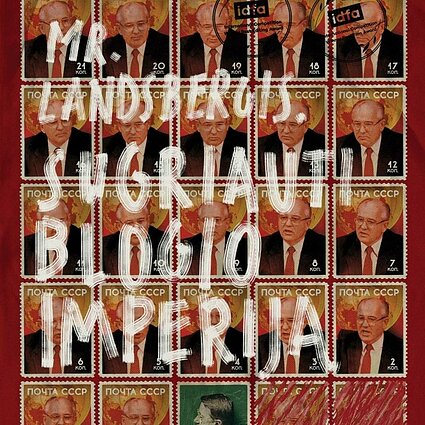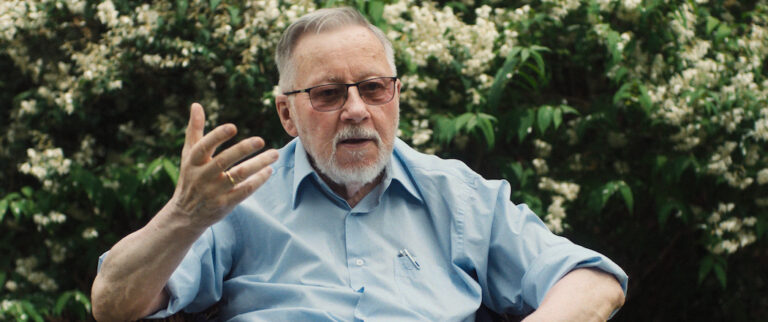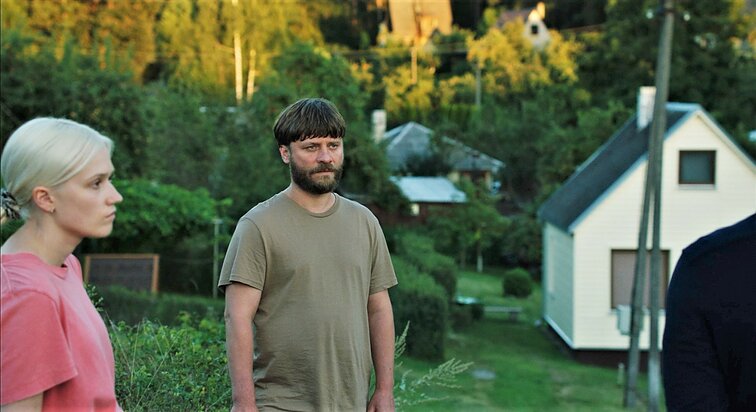
In late October the Lithuanian Film Centre announced that two more films from Lithuania have been selected to vie for Academy Award nominations: Mr Landsbergis, a feature documentary by the Ukrainian filmmaker Sergei Loznitsa, and Limousine, a documentary short directed by Saulė Bliuvaitė. The two films were picked by a Lithuanian jury approved by the US Academy of Motion Picture Arts and Sciences. Earlier, they selected Pilgrims, a feature directed by Laurynas Bareiša, to be Lithuania’s nomination for the best foreign language film category. Last year, Pilgrims won the Orizzonti Award for Best Film at the 78th Venice International Film Festival. It tells the story of Paulius and Indrė, who come to the Lithuanian town of Karmėlava to investigate the circumstances around the death of Matas, Paulius’ brother and Indrė’s boyfriend.

The films are eligible for an Oscar nomination because they have won awards in A-grade festivals: Limousine was awarded at the Warsaw International Film Festival in 2021. Bliuvaitė’s short film captures people who rent a limousine for one hour. In such a short time, the passengers experience moments of anger, happiness, and sadness as they try to fulfil their vision of a party.
Mr. Landsbergis was the winner of the best documentary award at the International Documentary Film Festival Amsterdam (IDFA) last year. Loznitsa’s film, which chronicles Lithuania’s independence movement in the late 1980’s and early 1990’s, is also up for nomination at this year’s European Film Awards.“This film is important as a reminder that courage is the most important weapon in the hands of even a small nation, capable of destroying an evil empire,” the director is quoted in a press release by the Lithuanian Film Centre.
In a review on Film Festival Today, Christopher Llewellyn Reed writes that “Loznitsa trains his lens on Lithuania, with the country’s first post-Soviet head of state, Vytautas Landsbergis, as his primary subject. A work of meticulous detail and over four-hours long, Mr. Landsbergis documents how this tiny Baltic nation stood up to its oppressor and emerged victorious.” Showcasing a rich trove of archival footage, intercut with an interview with his almost-nonagenarian subject, Loznitsa is thorough in his storytelling approach.
It starts in 1988, as then-Soviet Premier Mikhail Gorbachev’s policies of “glasnost” (openness) and “perestroika” (restructuring) were in full swing, the leader hoping that this loosening of restrictive policies would help revitalize the country’s flagging economy. What happened, instead, was a surge of popular discontent with the status quo, with some republics outside of Russia clamoring for independence from Moscow. … “the people vote and elect representatives who do what they were chosen to do and, by the book and by the law, Landsbergis and his cohorts separate from the Soviet body politic. The Red Army comes in, violence ensues, people die, people resist, and eventually Gorbachev’s bluff is called. … Mr. Landsbergis is a monumental achievement, …as a powerful treatment of an important historical moment.”





























